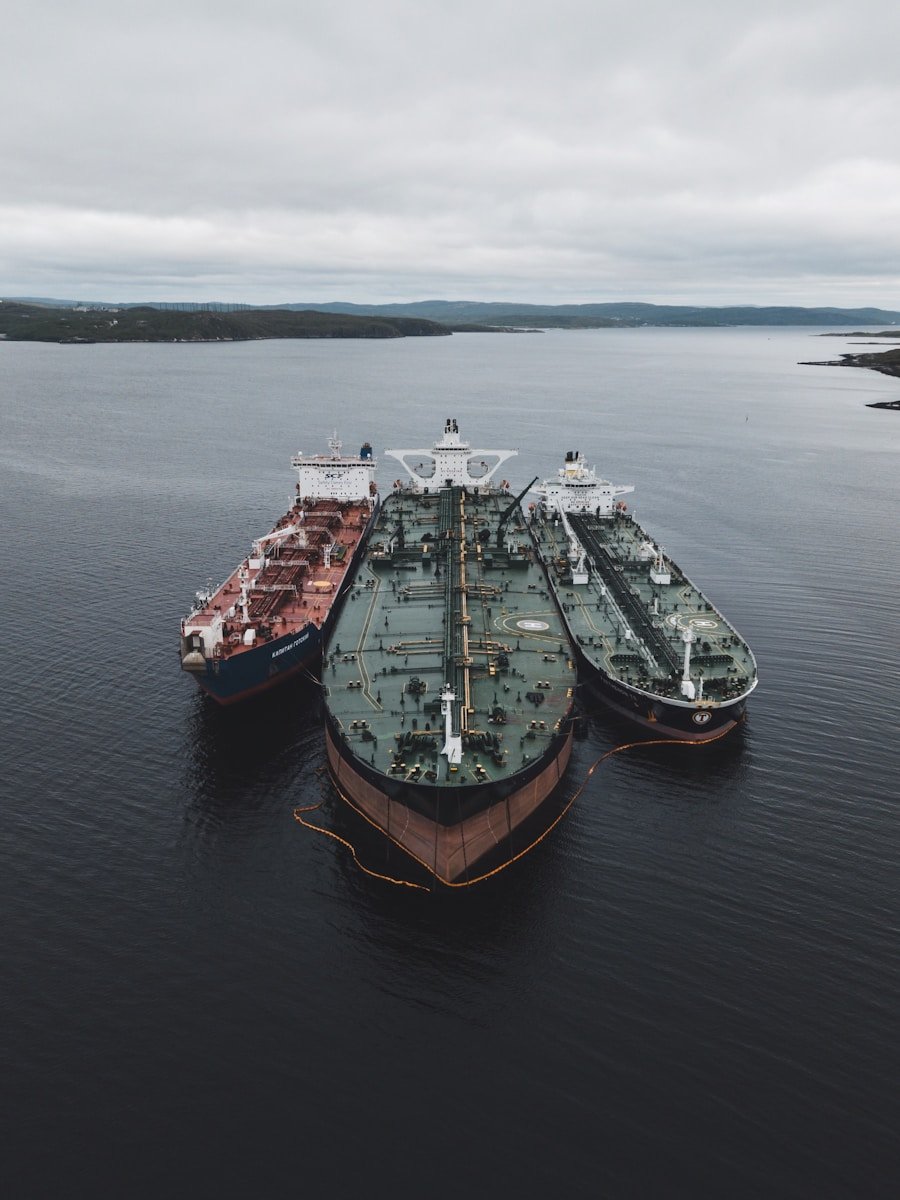
In a significant escalation the U.S. Department of the Treasury’s Office of Foreign Assets Control (OFAC), in coordination with the U.S. Department of State, has imposed sanctions on over 30 individuals and entities involved in Iran’s oil trade. The sanctions target a sprawling network of oil brokers, tanker operators, and shipping companies across multiple jurisdictions, including the United Arab Emirates (UAE), Hong Kong, India, and the People’s Republic of China (PRC).
The sanctions aim to disrupt Iran’s ability to finance its destabilizing activities, including support for proxy groups like the Islamic Revolutionary Guard Corps-Qods Force (IRGC-QF). Among those targeted are Hamid Bovard, head of Iran’s National Iranian Oil Company (NIOC), and the Iranian Oil Terminals Company (IOTC), which oversees key oil export terminals such as Kharg Island and South Pars.
“Iran continues to rely on a shadowy network of vessels, shippers, and brokers to facilitate its oil sales and fund its destabilizing activities,” said Treasury Secretary Scott Bessent. “The United States will use all available tools to target all aspects of Iran’s oil supply chain, and anyone who deals in Iranian oil exposes themselves to significant sanctions risk.”
The Shadow Fleet’s Global Reach
Iran’s oil exports rely heavily on a “shadow fleet” of tankers that use ship-to-ship transfers to obscure the origin of its crude. The sanctions identify several vessels involved in these operations, including the Panama-flagged URGANE I and the Cook Islands-flagged PHOENIX I, which have transported millions of barrels of Iranian oil to destinations like the PRC.
Key players in this network include UAE-based Petroquimico FZE, Hong Kong-based Petronix Energy Trading Limited, and India-based Flux Maritime LLP. These entities have facilitated the purchase, transport, and sale of Iranian petroleum products, often using shell companies and complex shipping arrangements to evade detection.
The U.S. Department of State has also designated eight entities and identified eight vessels as blocked property. These include Iran-based Kangan Petro Refining Company, UAE-based Alkonost Maritime DMCC, and Seychelles-based Oceanend Shipping Ltd. The State Department’s actions further tighten the noose on Iran’s oil trade, targeting those who knowingly engage in transactions involving Iranian petroleum.
Sanctions Implications
As a result of these designations, all property and interests in property of the sanctioned individuals and entities within U.S. jurisdiction are blocked. U.S. persons are generally prohibited from engaging in transactions with these parties, and foreign entities risk secondary sanctions for continuing to do business with them.
The sanctions are part of a broader U.S. strategy to reduce Iran’s oil exports to zero, as outlined in National Security Presidential Memorandum 2, issued on February 4, 2025. By targeting every link in Iran’s oil supply chain—from production and export to shipping and brokering—the U.S. aims to cut off a critical source of revenue for Iran’s military and proxy groups.



